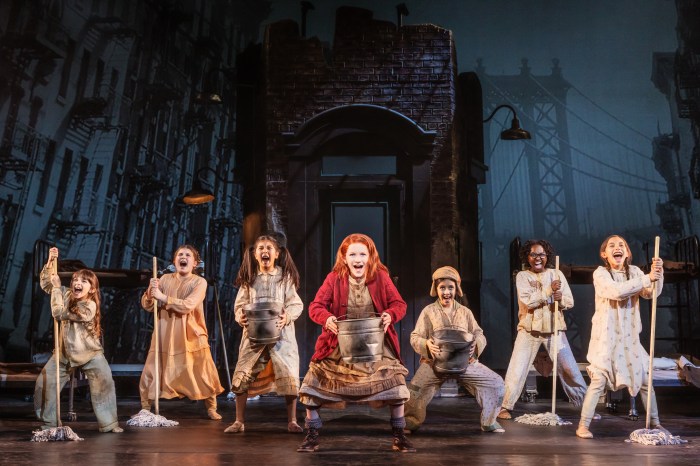Summer camp is fun for children of all ages, even your toddler! There are different types of camp programs out there that nurture and engage your child with activities such as music, Spanish immersion, water and outdoor play, art, and, of course, socialization. You may be hesitant to send your toddler to camp on his own for the first time, but this enriching experience comes with many benefits.
For younger toddlers (around 2-years-old), separation camp programs, which a toddler attends without an adult for either a half day or full, can be a terrific transition from being at home all day with a caregiver to participating in a structured program. Starting a summer camp at this age serves as a strong preparation for the transition to preschool and the structure, routines, and schedules your child will experience there.
When your child is this young, you’ll want to look for programs that also focus on their developmental skills, such as developing fine motor skills through writing practice or art activities, as well as their physical and social skills. For example, New York Kids Club Camps, a popular kiddie gym chain, has half- and full-day programs for children ages 2½-6. Its stimulating and exploratory programs include gym activities, sports, yoga, and even theater classes to inspire your child and burn up their never-ending energy. Plus, YMCAs, Ys, and JCCs often have summer programs starting at age 2 or 3, as well as other kiddie gyms around the metro area.
While searching for the right fit for your toddler, here is a list of questions you will want to consider.
Should I choose a half-day or full-day camp for my toddler?
You know your child best and can determine if starting a half-day program is the right fit for them (and you!), of if they’d benefit from being immersed in programming all day. A toddler who is used to a robust day at day care may be fine at a full-day program, whereas other children may need to ease into a separation program with a half-day summer camp.
Should I look for a camp with transportation?
This is an option you may not find at all local day camps, but for busy parents who want to save time in their day, a camp that provides transportation to and from camp may be an important part of your camp search. Some campuses may be located in more rural settings and be a further drive, so you may want to consider if you’re comfortable with a longer drive added to your schedule each day.
Will there be a Parent Visiting Day?
What parent doesn’t love watching their toddler run around in the summer, a big smile on their face and exploring the world around them? If you are looking forward to a Parents Visiting Day to observe your toddler in action, ask if there will be one this year before signing up for any program. Due to COVID-19 precautions, many programs won’t have a visitors’ day this year to limit the number of people the children interact with on a daily basis.
Does my toddler need to be potty trained?
Potty training is an arduous experience, and every program may have different guidelines for how they may support it, or require it be done in advance. The age of your toddler may be a factor as well. If you expect to be potty training this summer make sure you speak with a program in advance to understand their expectations. Commonly camps will allow a child to come but require them to be in pull-ups, but it’s best to get on the same page prior to committing to a summer program. Some preschools may require your child to be potty trained, so if you’re considering potty training the summer beforehand then you’ll definitely want to have this conversation with potential summer programs.
What COVID-19 precautions are being taken?
Unfortunately, this is still a question on everyone’s minds this summer. COVID-19 summer camp precautions will likely include temperature checks and mask requirements. You may want to know if a program will have small cohorts or if it will limit camp size. You can ask about its sanitization process or other safety measures. Depending on your concerns, you can ask the prospective programs about how much time will be spent outside, if there will be contact sports, whether everyone will eat in a cafeteria, and if you have to pack your child’s own lunch.



















